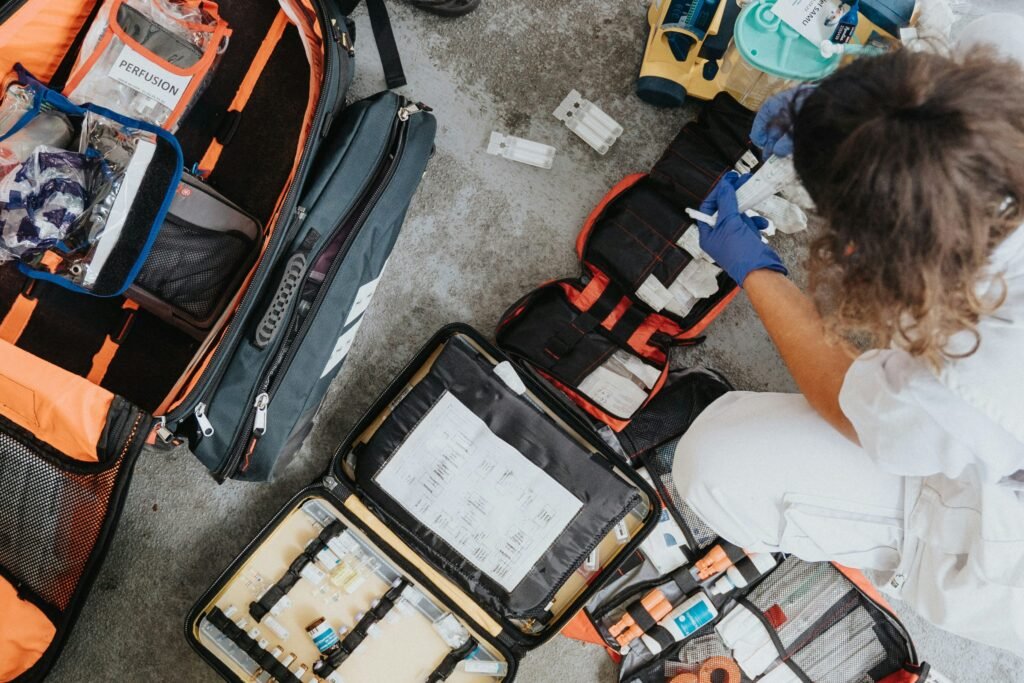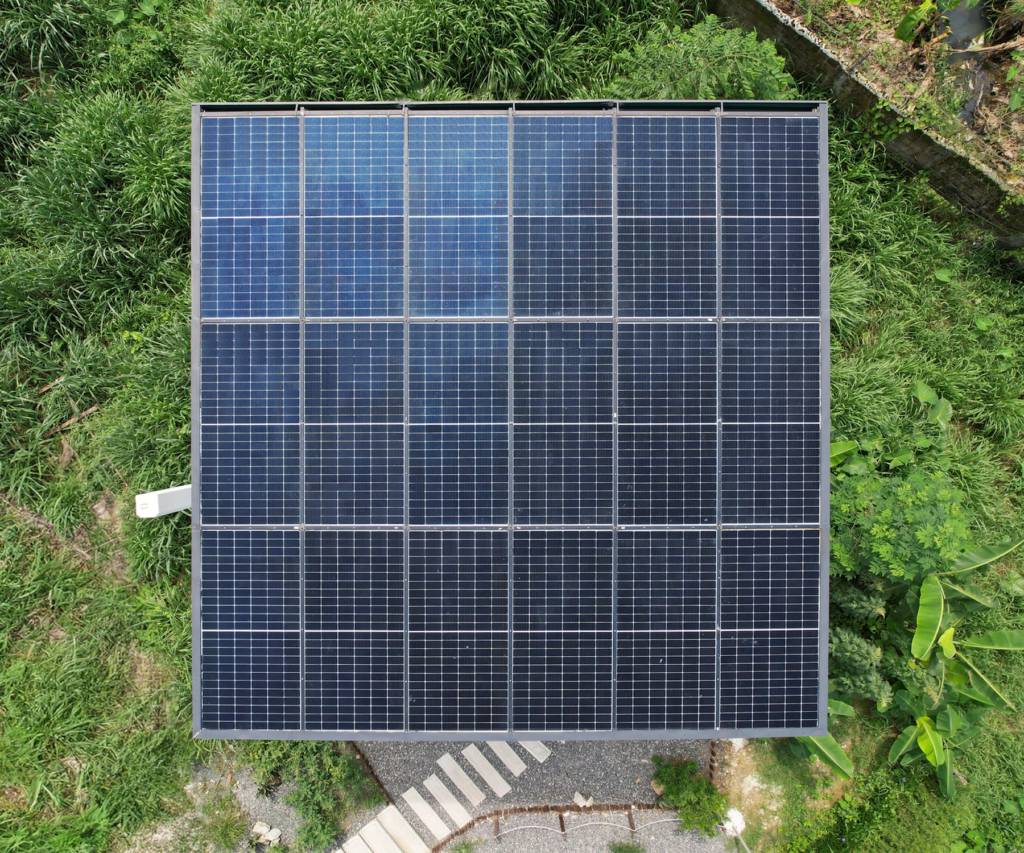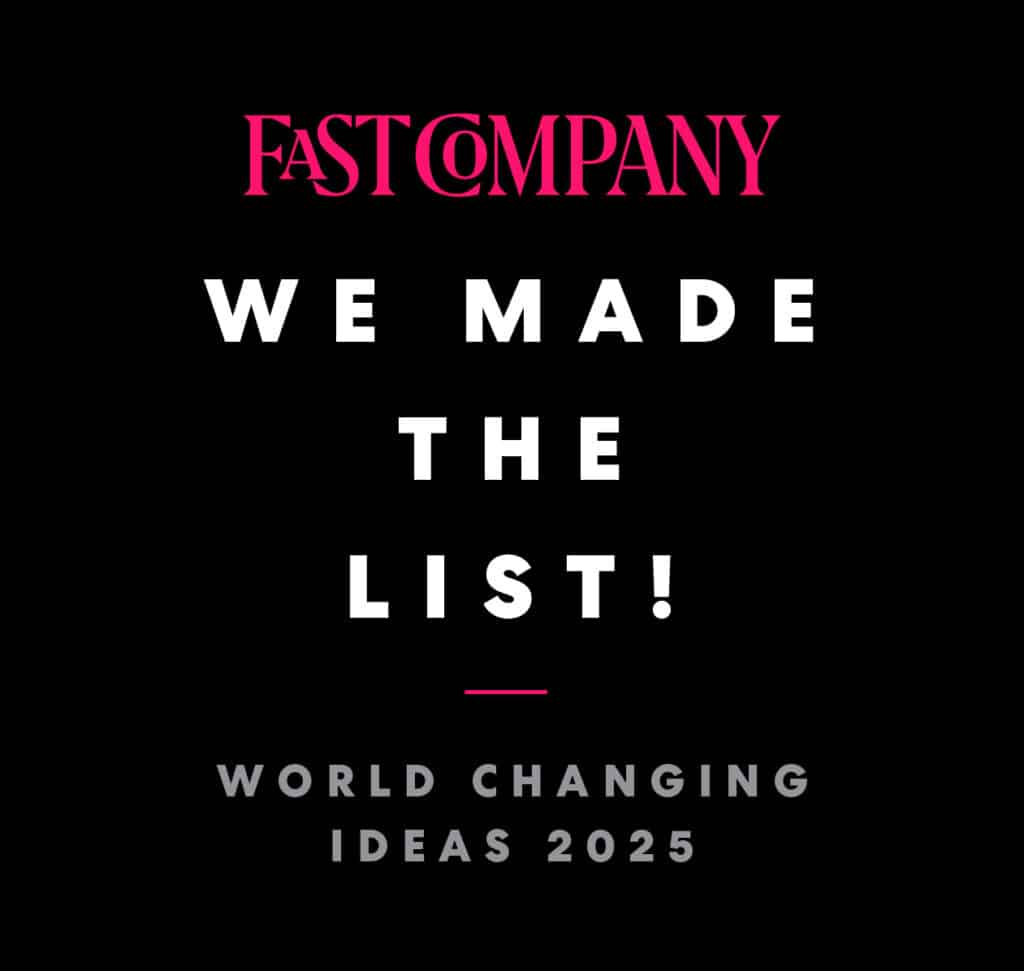Discover how businesses in the Philippines can go beyond compliance and drive the water recycling revolution.
About 91% of the 100.7 million people in the Philippines have basic water services. However, access isn’t consistent everywhere, with regional access ranging from 62% to 100%. This shows a serious water crisis that needs urgent attention. This shortage impacts daily life and poses a big challenge to sustainable development.
With the need to save water, water recycling is a hopeful solution. It offers a way to manage water resources efficiently. By adopting innovative water recycling methods, businesses can transform their water management strategies. They can lead the water recycling movement. They can set new sustainability standards and create a greener, resource-efficient future.
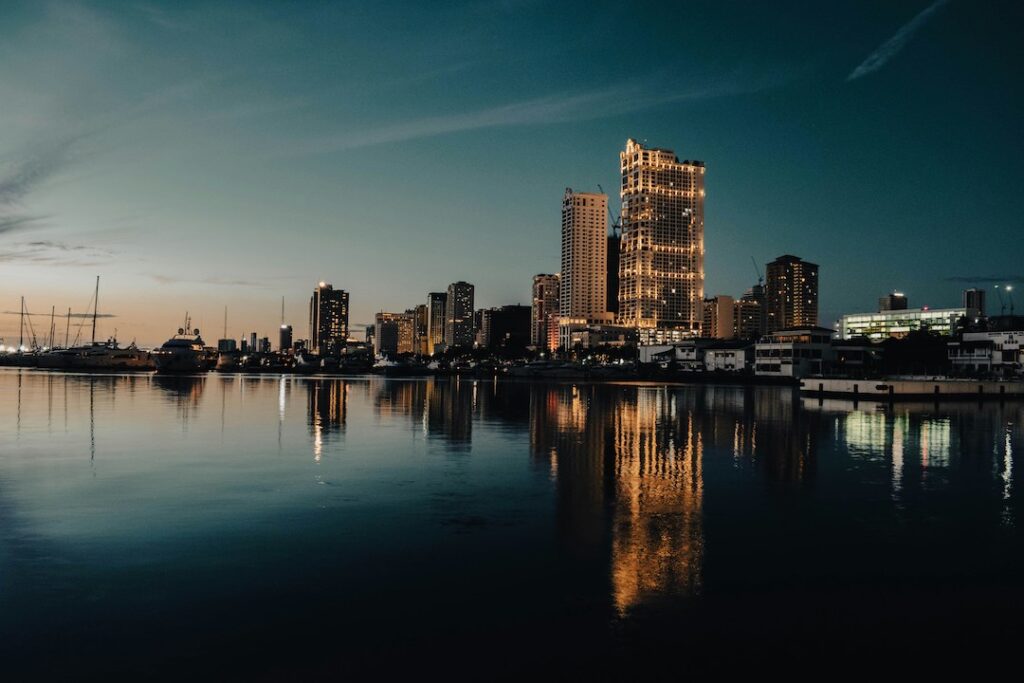
The Looming Water Crisis in the Philippines
In the Philippines, demand for freshwater is rising. Population growth, climate change, and industry are straining resources. This pressure worsens water scarcity. It causes serious public health issues. Communities face a higher risk of disease due to lack of water and sanitation.
Agriculture, a key part of the country’s economy, takes a hit as water shortages affect crop yields and food security. Industries struggle with limited water resources. This hurts production and sustainability. So, economic growth takes a backseat. We must find quick, creative solutions to close the widening water gap. This is vital for a secure, sustainable future for all.
Why Water Recycling Matters for Businesses
Water recycling is a smart move for businesses looking to cut back on using freshwater. By treating and reusing wastewater, companies can save on water bills and cut disposal costs. This can lead to big savings. Besides the financial perks, water recycling makes a big environmental difference.
It cuts the need to extract freshwater. This helps preserve ecosystems and support biodiversity. Also, it lets businesses seek “water positive” status. They must contribute more to the water cycle than they use. It sets a new standard for sustainability and responsibility.
Incentives for Businesses to Adopt Water Recycling
In the Philippines, the government is all about encouraging businesses to get on board with water recycling. They offer a bunch of incentives like tax breaks and subsidies, making it easier for companies to invest in water recycling tech.
Also, they’ve streamlined the permitting process to help businesses adopt these sustainable practices. The Department of Environment and Natural Resources (DENR) is a key player. They support and guide businesses in improving their water management.
We could also have awards for businesses that excel in water conservation through recycling. These awards boost a company’s reputation and give a competitive edge. They show a commitment to sustainability.
Getting Started with Water Recycling: A Step-by-Step Guide
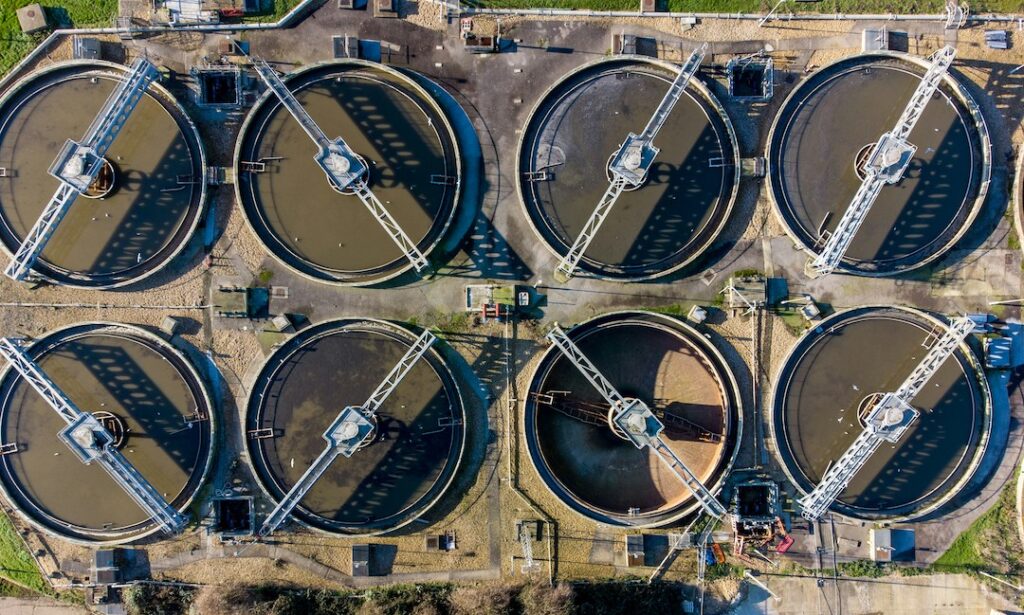
- Water recycling can be a game-changer for businesses looking to boost sustainability. Start by checking out your water usage patterns to spot where recycling could work best. Look into different water recycling technologies to find the right fit, like rainwater harvesting or greywater recycling systems.
- Rainwater harvesting involves collecting and storing rainwater. It can be used for irrigation or flushing toilets. Greywater recycling treats wastewater from sinks and showers. It allows for non-drinking uses, like watering plants. These systems can be customized to suit a business’s specific needs, making them both efficient and cost-effective.
- Work with wastewater treatment specialists and engineering firms. See what’s possible. Then, design a system that fits your operations. These pros can offer valuable insights and help craft a solution that meets your needs. Lastly, determine the costs. Then, calculate the expected ROI. Ensure your water recycling efforts are both financially and environmentally sound.
The Future of Water: Business as a Changemaker
Embracing water recycling in the Philippines could be a game-changer for both the environment and the economy. By adopting these practices, businesses can help create a more sustainable and water-secure future, easing the demand on natural resources and ensuring a steady water supply for communities and industries alike.
This shift not only supports ecological balance but also boosts economic resilience, paving the way for responsible and lasting growth. Businesses have the chance to lead the charge in the water recycling movement, setting standards for others to follow. Now’s the time to act and commit to sustainability initiatives.
For those ready to jump in, resources and support are within reach. Reach out to local environmental agencies, industry groups, or water management experts to learn more about implementing effective water recycling strategies that make a real difference. Take the first step to become a changemaker in water management today.
Leading the Water Recycling Revolution
The journey towards a greener Philippines requires a collective effort to reduce waste and promote sustainability, with water recycling playing a crucial role. This article has highlighted the increasing pressure on freshwater resources and the significant benefits of water recycling for businesses, from cost savings to positive environmental impact.
By embracing water recycling, businesses can align with BillionBricks, contributing to a more sustainable future where our communities are resilient and self-sufficient. With government incentives and innovative technologies, businesses have the tools to lead the charge in water conservation.
The combined efforts of businesses, backed by incentives and resources, can transform our approach to water management and create a more sustainable future for the Philippines.
If you want to know more about water recycling, check out another article that provides additional insights. Check out Pinoy Homeowner’s Guide to Water Recycling.
Discover how you can own a net-zero home with BillionBricks in San Mateo, Rizal or Iligan, Lanao Del Norte. Visit us at https://billionbricks.org/contact-us-ph to learn more and get in touch!
References:
10 best eco-friendly organisations in the Philippines. (2024, September 3). Traveloka. https://www.traveloka.com/en-ph/explore/tips/features-eco-friendly-organizations-philippines/64061.
Greywater Action. (2018, October 30). Greywater Reuse – Greywater Action. https://greywateraction.org/greywater-reuse/.
Lovely, L. (2018, April 4). Water reuse technology. WaterWorld. https://www.waterworld.com/drinking-water-treatment/article/14070801/water-reuse-technology.
Rainwater Harvesting: What it’s for and Why You Need It. (2022, July 29). Firstank. Retrieved October 11, 2024, from https://firstank.com/rainwater-harvesting-what-its-for-and-why-you-need-it/.
Republic of the Philippines Department of Environment and Natural Resources. (2024, April 18). Intensified Environmental Protection: Clean Water. GOV PH. Retrieved October 14, 2024, from https://denr.gov.ph/priority-program/clean-water-program/.
Taylo, A. S. (2024, October 10). Coastal water recycling: Sustainable Island Solutions – BillionBricks | Net-Zero Homes. BillionBricks | Net-Zero Homes –. Retrieved October 12, 2024, from https://billionbricks.org/blog/coastal-water-recycling-sustainable-island-solutions/.
UNICEF. (2017, July 17). Two billion people lack safe drinking water, more than twice lack safe sanitation [Press release]. Retrieved October 11, 2024, from https://www.unicef.org/philippines/press-releases/two-billion-people-lack-safe-drinking-water-more-twice-lack-safe-sanitation.
Waugh, R. (2023, November 16). Philippines embraces recycling wastewater for potable use. Inframanage. https://inframanage.com/philippines-embraces-recycling-wastewater-for-potable-use/.
World Health Organization: WHO. (2019, March 22). Water shortage in the Philippines threatens sustainable development and health. https://www.who.int/philippines/news/feature-stories/detail/water-shortage-in-the-philippines-threatens-sustainable-development-and-health.

